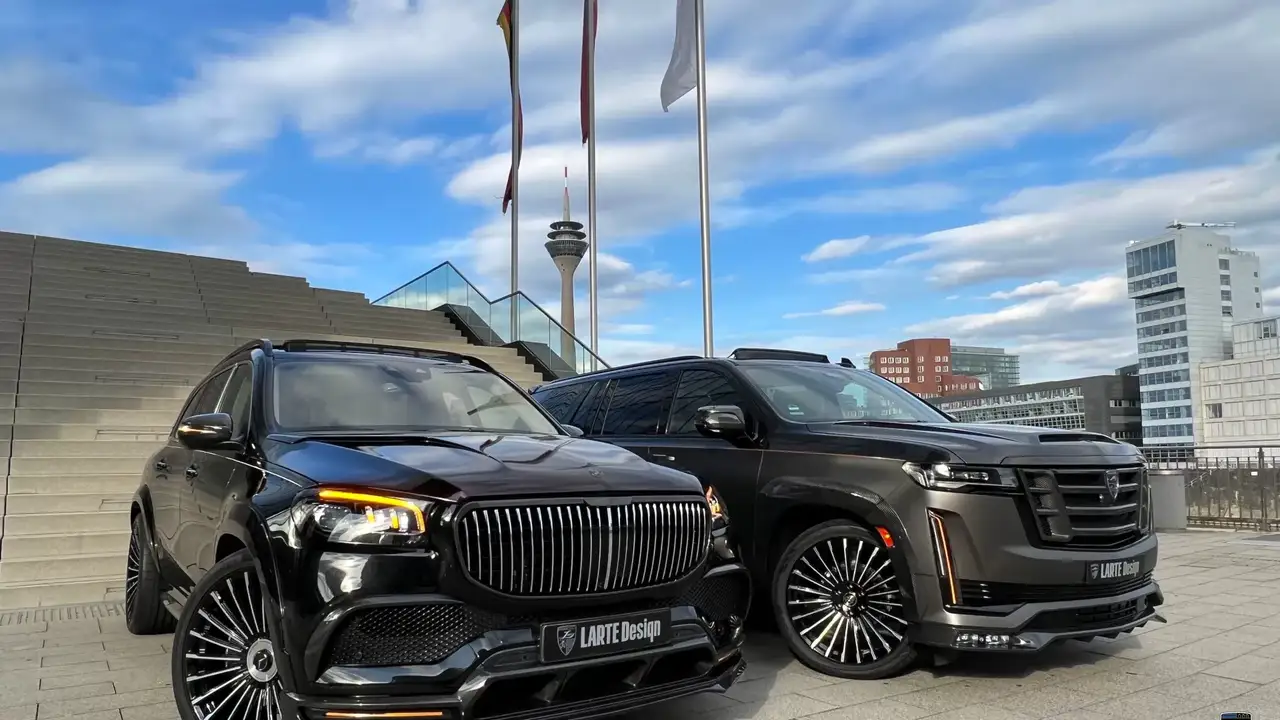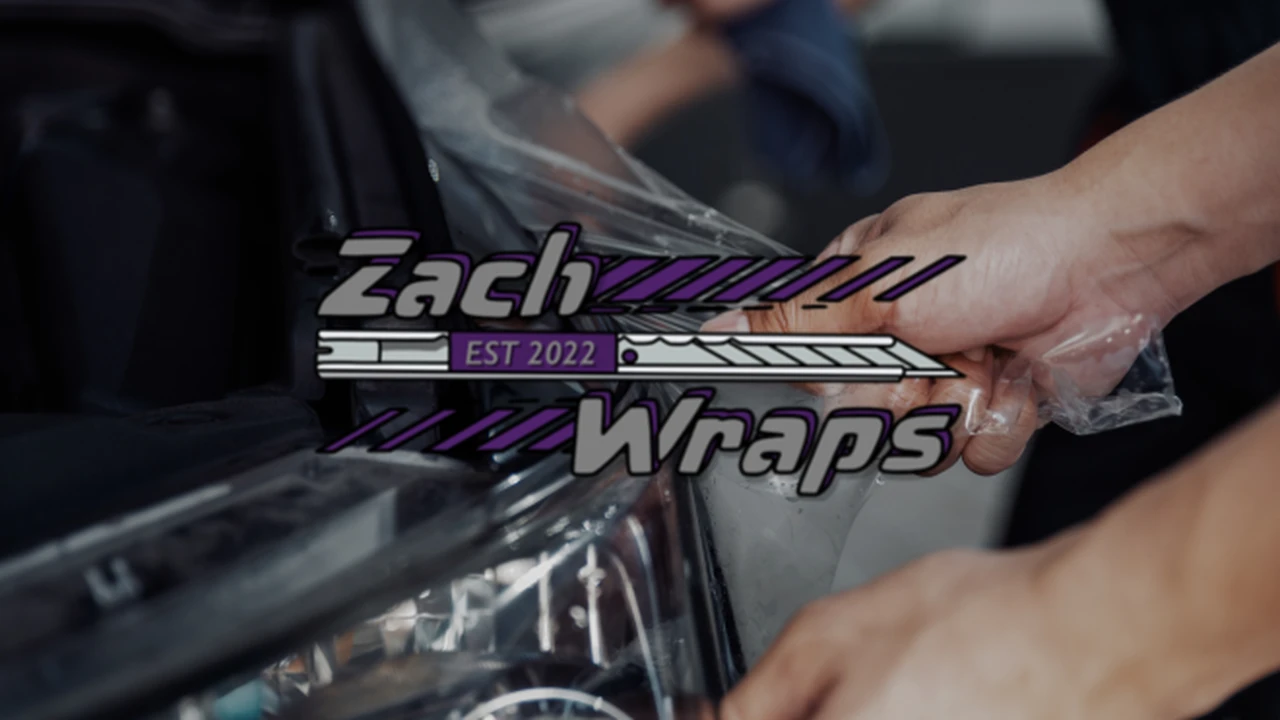The Evolution of Wheel Design: From Steel to Carbon Fiber
Upgrade your off-road vehicle with the right wheels. We explore options for durability and performance in challenging terrain. Conquer any trail with confidence with the right off-road wheels.

Early Wheel Designs A Historical Overview
Let's rewind the clock and take a peek at the earliest wheel designs. Imagine a world without fancy alloys or carbon fiber. The first wheels were, well, pretty basic. Think solid discs of wood, heavy and not exactly optimized for speed or comfort. These early wheels were all about functionality; getting a cart or chariot from point A to point B. Materials were limited to what was readily available: wood, stone, and eventually, crude metals.
These early wheels were primarily used for agricultural purposes and basic transportation. Durability was key, as rough terrain and heavy loads were the norm. Comfort and performance? Not so much a priority. These were the workhorses of their time, built for endurance rather than speed.
The Rise of Steel Wheels Strength and Mass Production
Fast forward a few centuries, and we see the rise of steel wheels. Steel offered a significant improvement in strength and durability compared to wood. With the advent of mass production techniques, steel wheels became more affordable and widely available. This era saw the standardization of wheel sizes and designs, making them more compatible with various vehicles.
Steel wheels became the standard for automobiles and trucks, prized for their robustness and cost-effectiveness. Their strength allowed for heavier loads and more demanding driving conditions. However, steel wheels were also relatively heavy, which negatively impacted fuel efficiency and handling.
The Alloy Revolution Lighter Stronger and More Stylish Wheels
Enter the alloy wheel! This was a game-changer. Alloys, typically aluminum or magnesium mixed with other metals, offered a superior strength-to-weight ratio compared to steel. This meant lighter wheels that could improve handling, acceleration, and fuel economy. Plus, alloy wheels could be cast into more complex and aesthetically pleasing designs.
Alloy wheels quickly gained popularity, especially in performance cars and luxury vehicles. Their lighter weight reduced unsprung mass, leading to improved suspension response and a more comfortable ride. The ability to create intricate designs also made alloy wheels a popular choice for those looking to enhance the look of their vehicles.
Several types of alloy wheels exist, each with its own advantages:
- Aluminum Alloy Wheels: The most common type, offering a good balance of strength, weight, and cost.
- Magnesium Alloy Wheels: Even lighter than aluminum, but more expensive and less durable. Primarily used in racing applications.
- Forged Alloy Wheels: Stronger and lighter than cast alloy wheels, but also more expensive. Ideal for high-performance vehicles.
Carbon Fiber Wheels The Pinnacle of Performance and Price
Now, let's talk about carbon fiber wheels. These are the ultimate in wheel technology. Carbon fiber is incredibly strong and lightweight, making it the ideal material for maximizing performance. Carbon fiber wheels offer significant weight savings, improved stiffness, and enhanced responsiveness. However, they also come with a hefty price tag.
Carbon fiber wheels are typically found on high-end sports cars and racing vehicles where every ounce of weight savings counts. Their superior stiffness improves handling and cornering, while their light weight enhances acceleration and braking. However, carbon fiber wheels are also more susceptible to damage from impacts and are significantly more expensive to repair or replace.
Specific Product Recommendations and Comparisons
Let's dive into some specific wheel recommendations across different material types and use cases. Remember, prices can vary depending on the retailer and specific model.
Steel Wheels: The Reliable Workhorse
For those on a budget or needing durable wheels for heavy-duty applications, steel wheels are still a solid choice.
- US Wheel 70 Series Daytona: A classic steel wheel design, known for its strength and durability. Ideal for trucks and SUVs. Price: $50 - $80 per wheel.
- Pro Comp Steel Wheels Series 51 Rock Crawler: Designed for off-road use, these steel wheels are built to withstand harsh conditions. Price: $60 - $90 per wheel.
Steel Wheel Scenario: Imagine you're equipping a work truck that needs to haul heavy loads on construction sites. Steel wheels are the perfect choice because they can handle the weight and are less likely to be damaged by rough terrain.
Aluminum Alloy Wheels: The Versatile Upgrade
Aluminum alloy wheels offer a great balance of performance, style, and affordability.
- Enkei RPF1: A popular choice for performance enthusiasts, known for its lightweight design and strength. Ideal for sports cars and track use. Price: $200 - $300 per wheel.
- Motegi Racing MR118: A stylish and affordable alloy wheel that enhances the look of any vehicle. Price: $150 - $250 per wheel.
Alloy Wheel Scenario: You want to upgrade the look and performance of your daily driver. Alloy wheels are a great option because they're lighter than steel, improving handling and fuel economy, and come in a wide variety of designs.
Forged Alloy Wheels: The High-Performance Choice
Forged alloy wheels are the go-to option for those seeking maximum performance and strength.
- HRE FF15: A renowned brand known for its high-quality forged wheels. These wheels are incredibly strong and lightweight, ideal for performance cars. Price: $600 - $800 per wheel.
- Volk Racing TE37: An iconic forged wheel design, popular among racing enthusiasts. Known for its exceptional strength and light weight. Price: $700 - $900 per wheel.
Forged Wheel Scenario: You're building a track-focused car and need wheels that can withstand the extreme forces of racing. Forged wheels are the best choice because they're incredibly strong and lightweight, improving handling and acceleration.
Carbon Fiber Wheels: The Ultimate Performance Upgrade
Carbon fiber wheels represent the pinnacle of wheel technology, offering unparalleled performance and weight savings.
- Carbon Revolution Wheels: A leading manufacturer of carbon fiber wheels, known for their innovative designs and exceptional performance. Price: $5,000 - $10,000 per set.
- Dymag Wheels: Another top brand in the carbon fiber wheel market, offering a range of options for high-performance vehicles. Price: $4,000 - $8,000 per set.
Carbon Fiber Wheel Scenario: You own a high-end sports car and want to squeeze every last bit of performance out of it. Carbon fiber wheels are the ultimate upgrade, reducing weight and improving handling and acceleration. However, be prepared for a significant investment.
Wheel Material Comparison Table
To help you visualize the differences between each material, here's a handy comparison table:
| Material | Strength | Weight | Cost | Durability | Best Use |
|---|---|---|---|---|---|
| Steel | High | High | Low | Excellent | Work trucks, heavy-duty applications |
| Aluminum Alloy | Medium | Medium | Medium | Good | Daily drivers, performance cars |
| Forged Alloy | High | Low | High | Excellent | Track cars, high-performance vehicles |
| Carbon Fiber | Very High | Very Low | Very High | Fair (Susceptible to impact damage) | High-end sports cars, racing vehicles |
Choosing the Right Wheel For Your Needs
Ultimately, the best wheel material for you depends on your specific needs and budget. Consider the following factors:
- Budget: How much are you willing to spend on new wheels?
- Driving Style: Do you prioritize performance, comfort, or durability?
- Vehicle Type: What kind of car do you drive? A truck will have different wheel requirements than a sports car.
- Aesthetics: What kind of look are you trying to achieve?
By carefully considering these factors, you can choose the perfect wheels to enhance your vehicle's performance, style, and overall driving experience. Don't be afraid to do your research and consult with professionals to make an informed decision. Happy wheel hunting!
:max_bytes(150000):strip_icc()/277019-baked-pork-chops-with-cream-of-mushroom-soup-DDMFS-beauty-4x3-BG-7505-5762b731cf30447d9cbbbbbf387beafa.jpg)






